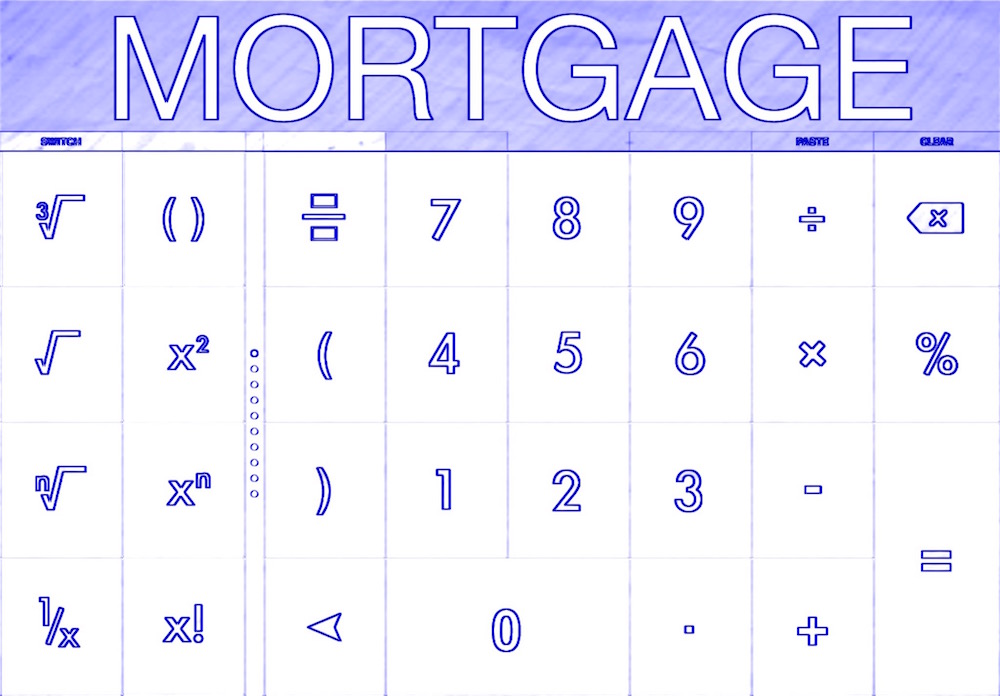A question I get asked regularly is: “Do you strive to pay off your mortgage as quickly as possible for maximum cash flow after it’s paid off, or go for long amortizations and low payments to get as much cash flow as possible today?”
Answers fall into two camps:
Yes: Mortgages are bad/risky and so you should try to pay off your mortgage as fast as possible. Plus, just think of how much “extra” cash flow you’ll be getting! Some people even go as far to recommend buying investment real estate only using cash.
No: Low interest rates means borrowing is cheap. You should roll the “saved” money into another investment/property where you can earn a higher return on your money and never pay off your properties ahead of time. As a result, your long-term cash flow will be significantly higher.
Both positions are a little extreme. Let’s look deeper at each camp.
The Problem with the “Yes” (Pay Off Quickly) Camp
If you pay off your property early, you’re reducing the power of leverage, and therefore your overall return. Let’s look at 2 scenarios to see how it works:
Scenario A
- You buy something for $100 and it pays you $10.
- Your return is 10%: money out / money in = $10 / $100 = 10%
Scenario B
- Now, if you leverage 90% of that purchase at 5% interest (you borrow $90 and pay $4.50 in interest), your return looks different:
- Money out = earnings – interest = $10 – $4.50 = $5.50
- Money in = total cost – borrowed amount = $100 – $90 = $10
- Your return is 55%!: money out / money in = $5.50 / $10 = 55%
Since you’re only putting in $10, and you have the ability to pay $100, that means you could do this 10 times. So, instead of cash flowing $10 from scenario A. You repeat scenario B 10 times and cash flow $55!
By paying off your mortgage early, you’re choosing scenario A: a lower cash flow.
One more way to think about paying off your mortgage: the interest you avoid by paying early is your return. So ask yourself: “Can I earn a higher return by putting my money somewhere else?” Mortgage rates are so low, that many options exist. If you have credit card debt, which often carry higher interest rates, paying those off will most likely provide you with the highest return.
The Problem with the “No” (Never Pay Off) Camp
Yes, mortgage interest rates are low, but you have to save up a down payment to buy another property. Where do you store your money while you wait? Is there anywhere that will earn a higher rate than paying off your mortgage? Definitely not at a bank. Not in the stock market short term either. So not only does this camp require the discipline to save, but the return on the property needs to make up for the lower interest while waiting to buy another property.
Or, maybe you spend the “saved” money each month, earning nothing in return.
Or, since you’re buying multiple properties, you increase the risk that one of them turns out to be a bad investment and you lose money! Leverage works the other way too. If the cash flow in scenario A was -$10. Scenario B would be -$14.50 per property, which would reduce your overall cash flow to $35 with one bad deal; technically still a better investment, but with increased headaches and risk.
Or, you end up hiring a property manager because you own more property than you can manage yourself and your cash flow plummets.
Finally, when is “enough”, enough? Some people actually have other interests outside of managing an ever-growing portfolio (I know, weird, right?).
If All Your Mortgages Were Paid Off, Could You Retire?
To answer this question (“When does it make sense to pay off my properties?”), I go back to the reason why most DIYers invest in real estate: to retire from their job. So, if you paid off all your mortgages, in addition to any other retirement income sources (401Ks, IRAs, etc), could you retire at a level of income you’d be happy with?
If yes, then pay off your mortgages.
If no, then continue investing. Once your answer changes to yes, then you should change your strategy and pay off your mortgages. This assumes that rents will continue to adjust with inflation.
Pay Off One Extra Month Each Year
One small caveat. I personally take a slightly balanced approach and pay ~1/12 extra each month to get slightly ahead. Interest.com walks through the savings: “A $200,000 30-year home loan with an interest rate of 5% would cost $186,512 in interest with the traditional 12 payments a year. Make the equivalent of 13 monthly payments every year, and the loan will be retired in 26 years and you pay only $153,813 in interest – a savings of $32,699.” Here’s a cool calculator you can play with to see your savings.
Doing this saves some money. It also feels good to know you’re getting ahead while still allowing you to keep investing where returns are higher.
So, ask if your paid off mortgages would allow you to retire. If not, keep investing. And put a little extra towards each of your existing mortgages each month. That’s a balanced approach that will let you retire earlier with a higher cash flow, while reducing some of your risk with the extra payments.

